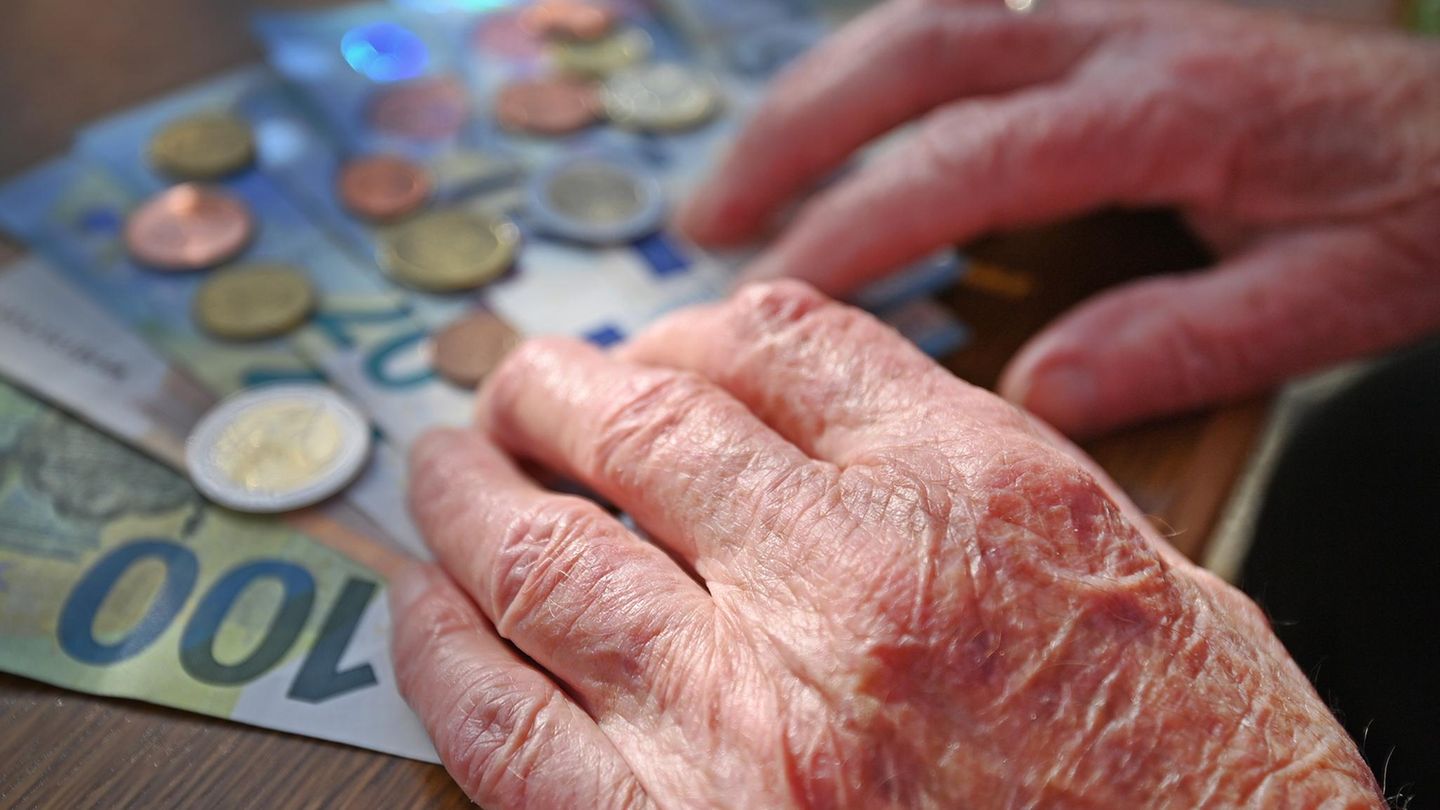The Consumer Price Index (CPI) of China registered an increase of 0.1% annually in August, leaving behind the deflation of 0.3% of the previous month, as reported today by the National Bureau of Statistics (ONE) of that country .
Unlike what happened at the end of 2020 and beginning of 2021, when deflation responded mainly to the fall in prices of pork, the most consumed in the country, the deflation that China had in July was framed in a generalized fall in demand in the economy, both external and domestic.
Lower consumer demand and the decline in exporters prompted factories to reduce prices to get rid of excess stock.
This phenomenon, although positive for purchasing power, in the long term could cause a drop in demand since consumers would delay purchases waiting for greater falls in prices.
In August, prices returned to positive territory, although very slightly, with 0.1% even below the 0.2% estimated by a group of analysts consulted by the Bloomberg news agency.
Meanwhile, core inflation, which does not take into account the volatile values of energy and food, was 0.8%.
On the other hand, industrial prices at the factory exit continue to contract, with a fall of 3% annually and chaining the eleventh consecutive month of decline, despite moderating compared to last month’s decline of 4.4%.
“The annualized increase in the CPI was driven by the summer holidays, which supported transportation, cultural tourism, accommodation, catering and other sectors,” explained Bruce Pang, chief economist at consulting firm Jones Lang Lasall.
Meanwhile, the moderation in the contraction of industrial prices was supported by comparative base effects and the rise in international oil prices.
Inflation’s return to positive territory may represent a sign that Beijing’s latest stimulus measures are bearing fruit for the economy.
Among other decisions, the People’s Bank of China – that country’s central bank – surprisingly reduced interest rates last month, while local governments accelerated the issuance of special bonds to finance infrastructure projects.
Likewise, the authorities increased tax deductions for parental care with the aim of boosting consumption and required banks to reduce rates on current mortgages, also cutting their requirements in some cities to boost the real estate market. .
In addition to the slight rebound in inflation, other data showed signs of a change of direction in China’s activity: the contraction in manufacturing activity moderated in August, as did the fall in imports.
However, specialists do not rule out that, in the coming months, the Chinese CPI will once again enter deflation due to stagnation in the real estate sector and foreign trade.
“Overall inflation continues to point to weak demand and will require more policy support in the near future,” said Zohu Hao, chief economist at investment bank Guotai Junan International Holdings.
Source: Ambito




